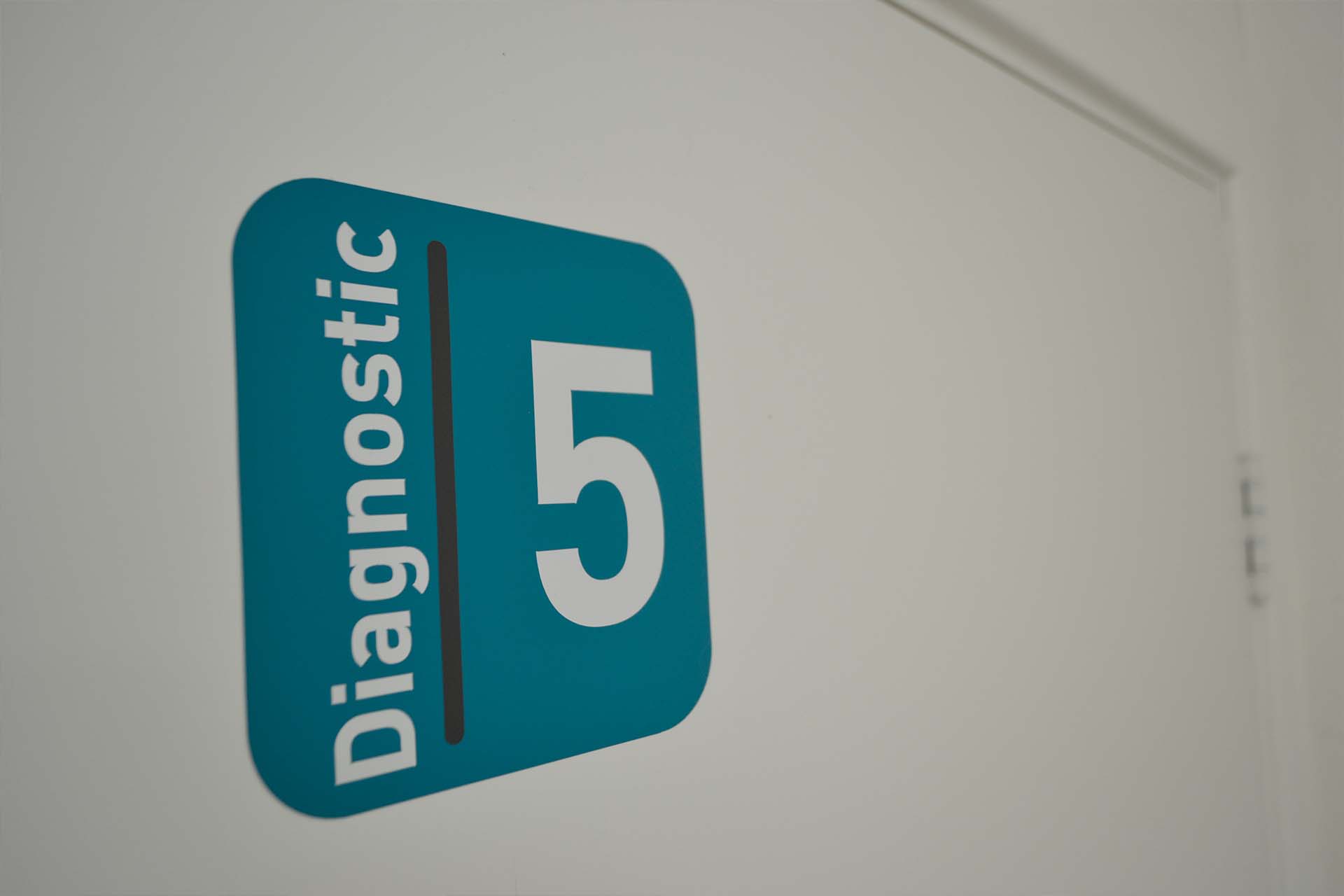Animal Endoscopy in Los Angeles
Diagnosis and surgery for four-legged patients through an endoscope is one indication that our Los Angeles animal clinic examines and operates on the highest level of humanistic medicine. Veterinary Hospital Animal Clinic International offers a full range of endoscopic services:
- Bronchoscopy
- Gastroscopy
- Hysteroscopy
- Cardioscope
- Colonoscopy
- Laparoscopy
- Otoscopy
- Esophagoscy
- Rektoromanoskopiya
- Rhinoscopy
- Colposcopy
- Urethroscopy
- Thoracoscopy
- Cystoscopy
By clicking on the endoscopy areas listed above, you can read about them in detail and see that they are important for keeping pets healthy.
Endoscopic diagnosis and minimally invasive surgeries
Our veterinary hospital has a state-of-the-art endoscopy rack, a sophisticated system consisting of video equipment, a light source, a medical monitor, a high-frequency electrosurgical machine and an instrument rack. With this setup, our veterinarians have the following medical capabilities:
- Detailed examination of organ structures.
- Detection of foreign bodies.
- Detection of tumors, polyps and other pathological changes.
- Conducting a biopsy. Specialists take cells or tissue for examination and correct diagnosis.
- Performing endovideosurgical operations, which involve minimal interference in the patient's body.
Optimal professional skills and special equipment adapted to different areas of veterinary examination and surgery allow our veterinarians to perform endoscopy quickly and with high quality.
Advantages of endoscopic examination
Diagnostic examination of the animal with an endoscope is painless and absolutely safe. It consists in penetrating the body cavities to examine them in detail, assess the condition of the mucous membranes and choose the appropriate method of treatment.
Using an endoscope, the veterinarian can check the organs and systems of the animal for foreign objects that are X-ray uncontrasted and establish their exact location for subsequent removal. Our specialists are also able to detect tissue abnormalities that are not visible in ultrasound scans.
A tiny endoscopic camera records the visual information and transmits it to the monitors, and the veterinarian explains the findings and makes a decision about the further course of action according to the findings.
How is endosurgery better than conventional surgery?
Endoscopic surgery involves inserting microinstruments into the body through an endoscope. Endosurgery is minimally invasive: surgeries are performed through natural openings (endoscopy) or through mini punctures (laparoscopy).
The minimally invasive surgery is much better for the animal. For example, you need to remove a foreign body from the ear of a cat or dog. With conventional surgery, you would have to cut the ear canal and then sew it up. With endoscopic surgery, radical measures are avoided, because there is no need to destroy the integrity of the tissue.
After endoscopic surgery, the recovery period will not be long, even if laparoscopy is performed. When the surgery is completed, our staff will monitor the animal's recovery. We will place him in our comfortable inpatient unit with comfortable individualized space. It won't be long before your pet can go home.
We need to prepare your pet for endoscopy. You can check with our manager for the right way to do this, or read about it on our website.
Pre-book for the procedure online, or call our veterinary center at: (747) 217-4006. We will be happy to answer any questions you may have and schedule an appointment that is convenient for you.


